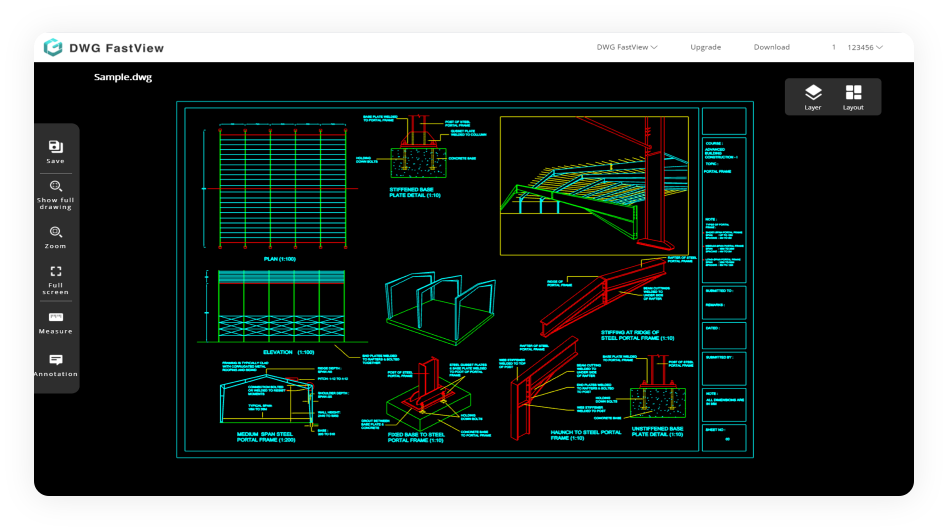Mastering the Stretch Command in CAD: A Comprehensive Guide
In the world of Computer-Aided Design (CAD), the ability to modify designs quickly and efficiently is crucial. One of the most powerful tools for achieving this is the Stretch command. This command, often overlooked by beginners, can significantly enhance your productivity when used correctly.To get more news about stretch cad, you can visit shine news official website.
The Stretch command in CAD is a versatile tool that allows you to resize and reshape objects within your design. It works by moving the vertices and endpoints of an object that lie within a specified selection window, leaving those outside unchanged. This command is particularly useful when you need to adjust the dimensions of an object without altering its overall shape or proportions.

To use the Stretch command, you first need to select the objects you wish to stretch. This can be done through a crossing selection window, which is created by specifying two points from right to left. It's important to note that only the objects that are partially enclosed by the crossing window will be stretched. Objects that are completely enclosed within the crossing window, or that are selected individually, will be moved rather than stretched.
Once the objects have been selected, you need to specify a base point for the stretch. This base point can be anywhere in the drawing area and serves as the reference point from which the stretch is calculated. After specifying the base point, you can then specify a second point that defines the distance and direction of the stretch. The distance and direction of this point from the base point determine how far and in what direction the selected portions of the object will be stretched.
It's worth noting that some types of objects, such as circles, ellipses, and blocks, cannot be stretched. Additionally, the Stretch command does not modify 3D solids, polyline width, tangent, or curve-fitting information. Therefore, while the Stretch command is a powerful tool, it does have its limitations and may not be suitable for all types of design modifications.
In conclusion, the Stretch command in CAD is a powerful and versatile tool that can significantly enhance your productivity when used correctly. By understanding how it works and when to use it, you can make your design process more efficient and flexible. So the next time you find yourself needing to adjust the dimensions of an object in your design, why not give the Stretch command a try? You might be surprised at how much time and effort it can save you.
